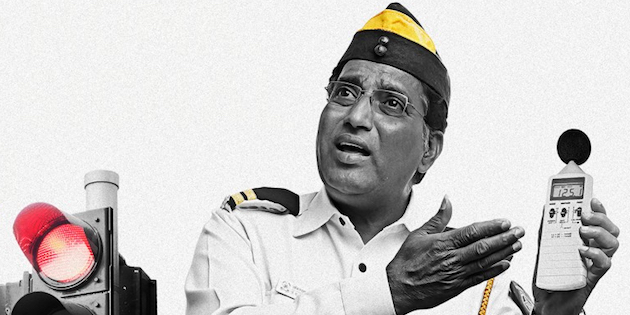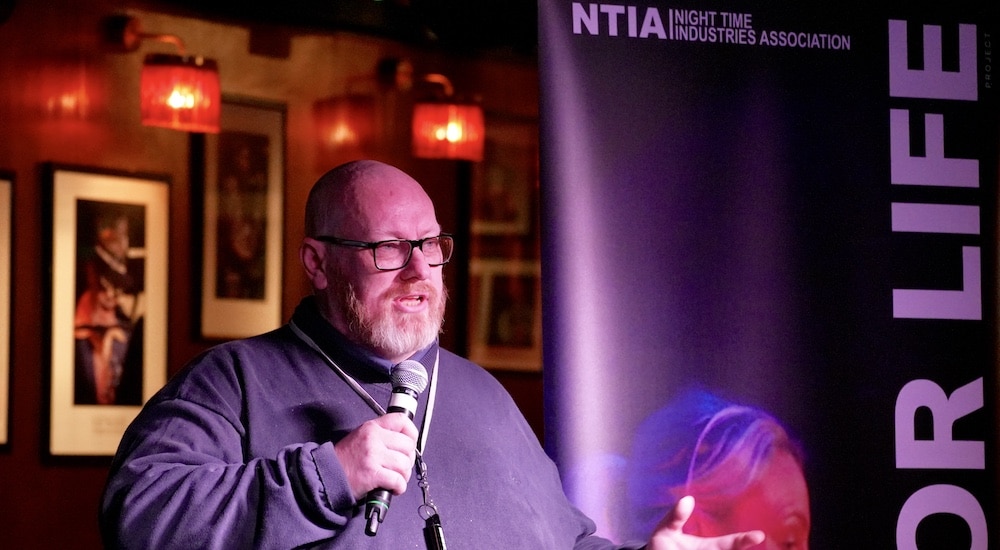Mumbai noise punishment stalls honkers in traffic light limbo
noise control
Making the punishment fit the crime has perhaps never been better applied than in this Mumbai authorities' new scheme to combat the Indian city's hellish noise from honking car horns. The more irate drivers honk, the longer the light stays red.

Drivers stuck in Mumbai's horrendous traffic jams tend to blast impatiently on their car klaxons when queuing at stop lights, and the aggregate din of hundreds of horns contributes notably to the city's already high noise pollution.
According to the TomTom traffic index, Mumbai was recently ranked as the fourth most congested city in the world, with 65% congestion and drivers spending an average of eight days and 17 hours in traffic each year. Something had to be done.
So, Mumbai Police has been trialling a new simple system, introducing what it calls "the punishing signal" as part of a "honk more, wait more" formula. Technicians have rigged the traffic lights at traditionally congested intersections with the means to measure the decibels. When the danger mark of 85dB is reached, the light signal timer resets, forcing drivers to wait even longer.
Since November 2019, the success of the trial has had other noisy cities, such as Bangalore and Delhi, looking at copying the punishing signal.
“Honking is a bad habit and an act of traffic indiscipline. Unfortunately, many Mumbaikars indulge in reckless honking. Honking causes noise pollution, hurts the eardrums, increases heart rate, creates traffic confusion and causes stress,” said Madhukar Pandey, joint commissioner of the Mumbai Police Traffic division.
And the venture has been intelligently put across through a good-natured Bollywood-style Mumbai Police video (above) that agencies of law and order the world over might learn from. In this case, the punishment works to create a collective response: the lights will stay red until enough drivers stop honking and the overall decibel count falls enough for the lights to turn green. Brilliant!?
Source: The Drum/The Guardian


